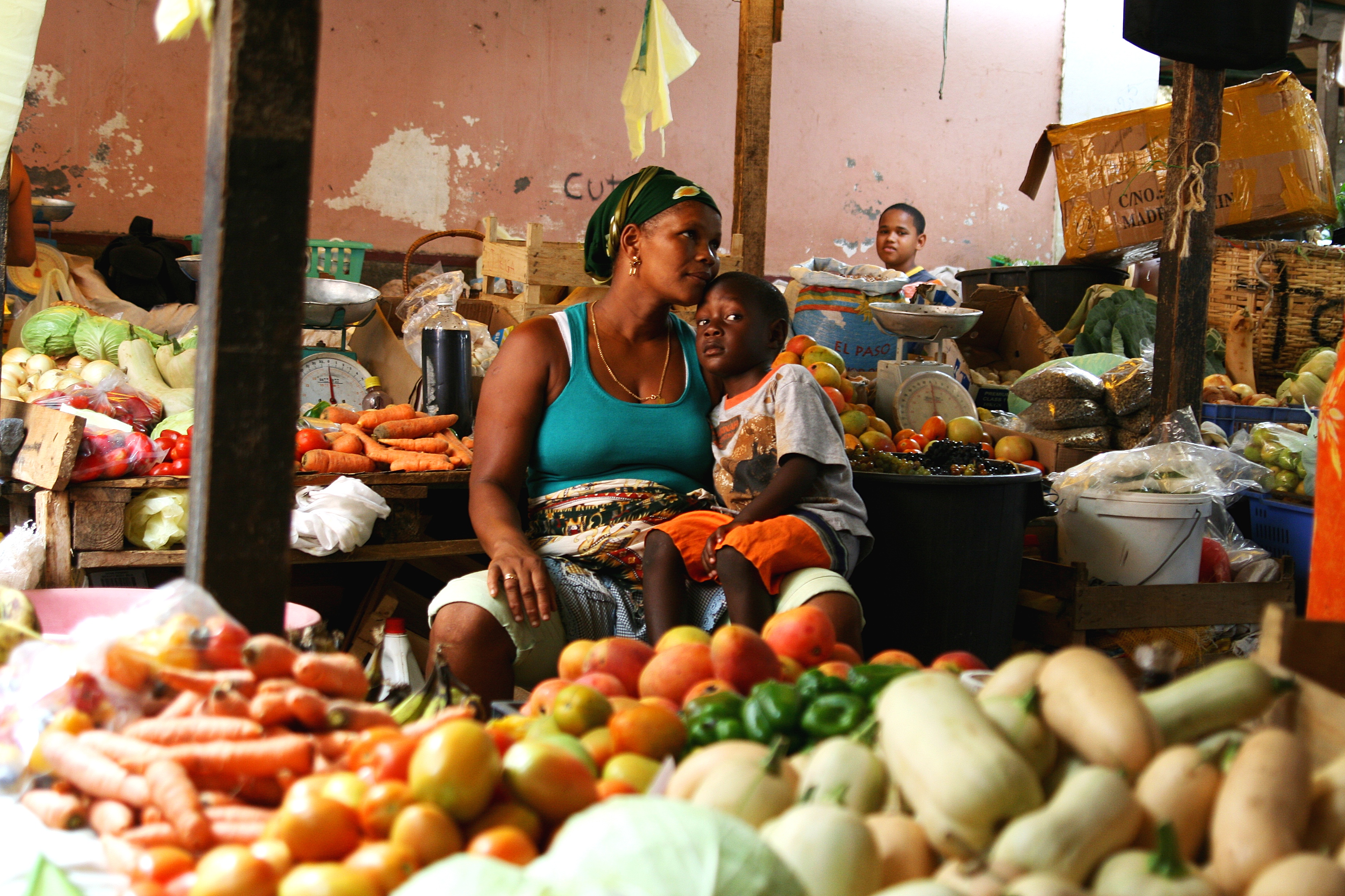The coronavirus global pandemic has scrambled everything from economic policy to geopolitics. This disruption has created space for many to reconsider the world’s pre-coronavirus arrangements. Trade and globalization will undoubtedly be on the menu for renegotiation. As the world again considers the extent to which it wants to be interconnected, we must continue to forge a path that connects as many people to markets as possible. It is this arrangement, and this arrangement alone, that has led to the greatest reduction of extreme poverty in human history.
Before the worldwide pandemic, the number of people living in extreme poverty had fallen by half. According to the World Bank, approximately 1.9 billion people, or 36% of the world’s population, lived in extreme poverty in 1990. By 2015, this was reduced to 730 million people, or 9.9% of the world’s population. (It declined to 650 million by 2018.) What makes this fact even more astonishing is that world’s population increased by roughly 2 billion people during the same period.
Globalization—the increasing connectedness of people and markets in one country to those of another—made this possible. One of the best indicators of globalization is international trade. From 1990 to 2015, the same time frame that saw such dramatic poverty eradication, international trade in goods and services increased by an astonishing $20 trillion. Before the explosion in globalization, most people were unable to offer their skills and abilities to anyone beyond the borders of their poor countries, severely hampering their income-generating opportunities.
Globalization increased those opportunities like never before. It widened the circles of exchange by including more and more people. It enabled businesses and individuals in impoverished nations to do commerce with more affluent people halfway across the world. This process increased incomes, ignited economic growth, and liberated a billion people from severe poverty.
Since global markets are so key to increasing prosperity, low-income countries need as many connections to global markets as they can get. The pandemic has only increased this need: Remittances are set to plunge, extreme poverty rates are projected to increase for the first time since 1998, and fears of food shortages run rampant.
In the aftermath of the pandemic, some might be tempted to severely curtail trade and stop weaving the world’s people and nations together. Globalization did not come free; it has extracted some high costs. Those costs, both real and perceived, have caused globalization to come under sustained assault for years. While the particulars can and should be debated, the world must choose a path characterized primarily by economic openness. Such openness powered the dramatic reduction of extreme poverty for decades and created levels of global wealth never before seen in human history. Only this approach can successfully power our recovery in a post-coronavirus world.
(Photo credit: David Trainer. CC BY-SA 2.0.)
